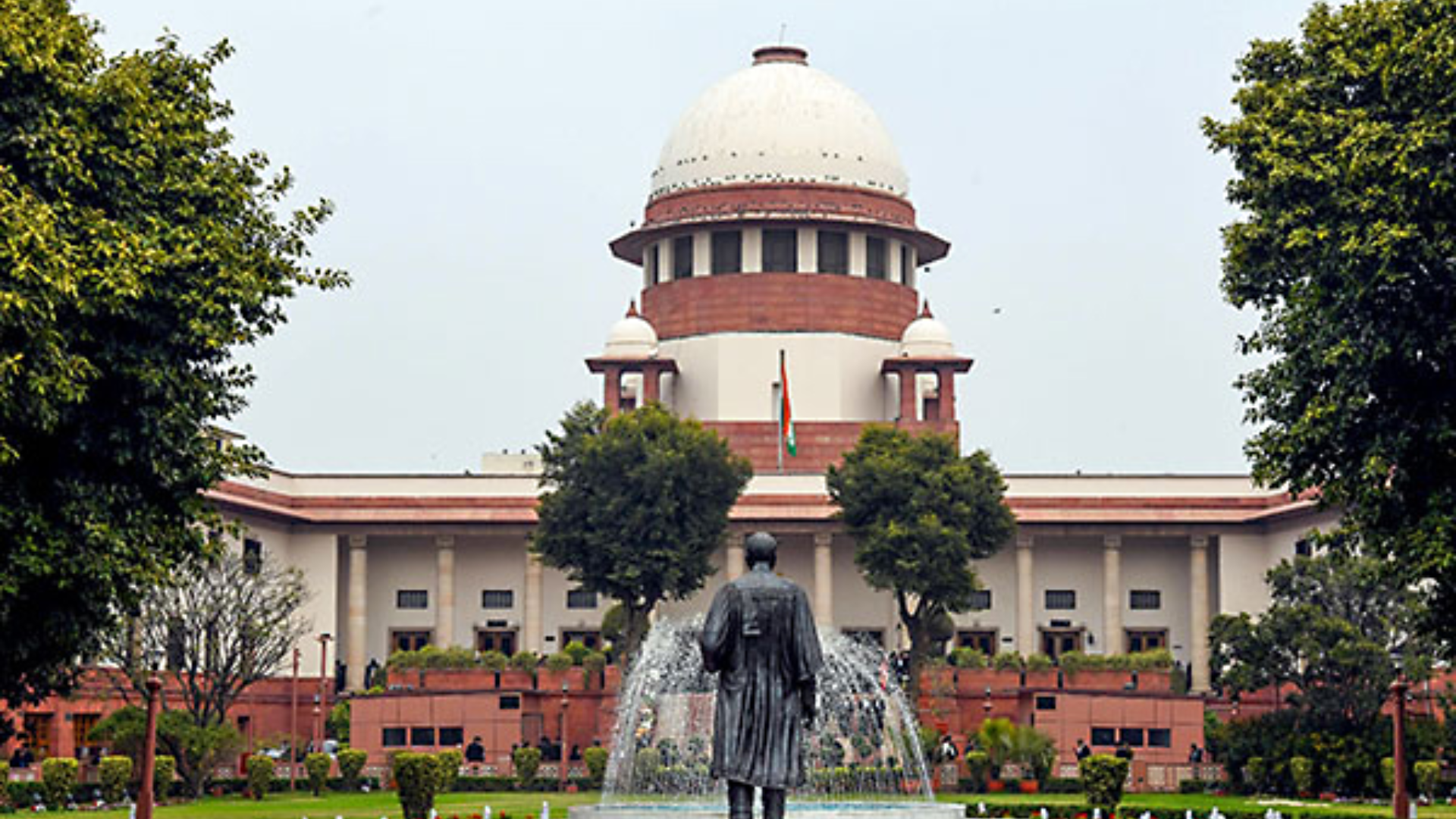The Indian Union Muslim League (IUML) has moved to the Supreme Court challenging the implementation of the Citizenship Amendment Act (CAA) rules by the Central government. This move comes a day after the Centre notified the implementation of the CAA rules, which enable non-Muslim migrants from Bangladesh, Pakistan, and Afghanistan fleeing religious persecution to seek Indian citizenship. IUML, primarily based in Kerala, seeks a pause on the implementation of the law, terming it “unconstitutional” and discriminatory against the Muslim community.
The Citizenship Amendment Act, passed in 2019, allows migrants from Hindu, Sikh, Buddhist, Jain, Parsi, or Christian communities from the specified countries, who entered India on or before December 31, 2014, to seek citizenship under CAA. The IUML was among the first to challenge the law in 2019, arguing that excluding Muslims from the list of those eligible for citizenship violates the right to equality under Article 14 of the Constitution.
Previously, IUML had sought a pause on the Act’s implementation, and the Centre had informed the court that the law wouldn’t come into force until the rules were notified. The current petition urges a halt in the implementation of CAA rules until the Supreme Court adjudicates on 250 pending petitions challenging the Act’s constitutional validity. The petition emphasizes that India’s Constitution envisions a secular country, and any passed should be religion-neutral.
The Centre’s announcement on the CAA rules prompted mixed reactions across the country. Celebrations occurred in Bengal and Bhopal among the Matua community and Sindhi refugees, respectively. However, Assam witnessed protests, expressing concerns about large-scale migration into the border state. Opposition parties, including Congress, criticized the timing of the Act’s implementation, just weeks before the Lok Sabha polls.
Congress general secretary Jairam Ramesh accused the BJP of aiming to polarize voters in Assam and West Bengal. Ramesh highlighted the prolonged duration it took to bring these rules into effect, stating that the BJP sought nine extensions from the Supreme Court over 4 years and 3 months. He alleged that the timing of the implementation, close to the elections, is a strategy for social polarization.
The IUML’s legal challenge reflects the ongoing debate and dissent surrounding the Citizenship Amendment Act, with various groups expressing concerns about its impact on religious and communal dynamics in the country. The legal battle adds to the complex narrative surrounding the controversial legislation.

















